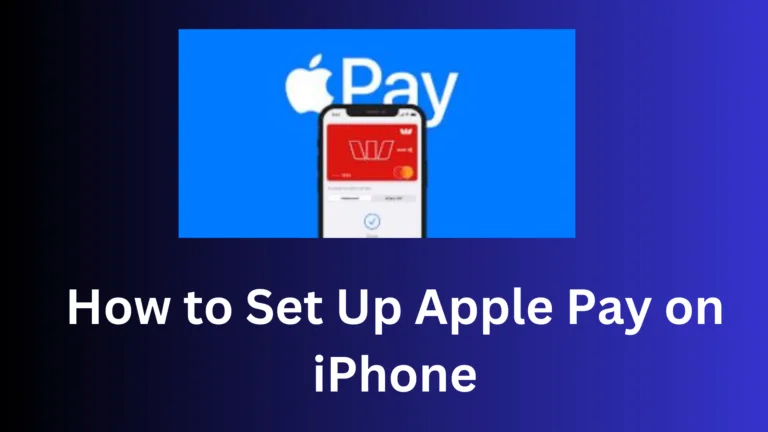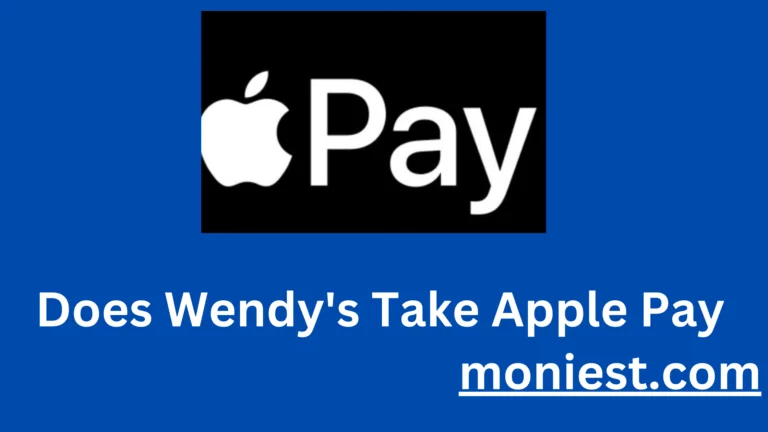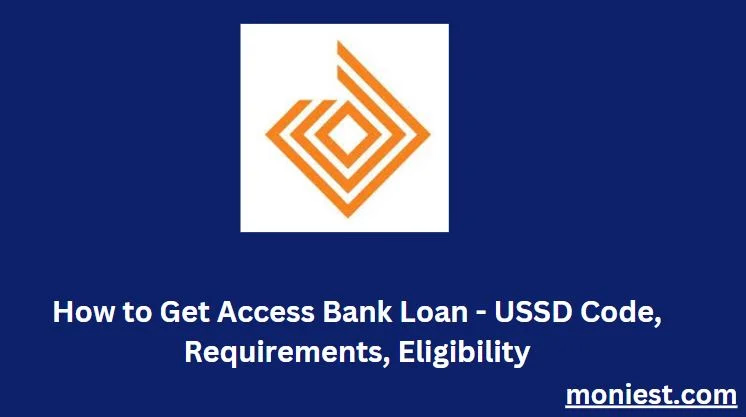How to Get a Loan in Nigeria Without a Salary Account
Obtaining a loan in Nigeria without a salary account can seem challenging, but it's not impossible. Many individuals who are self-employed, freelancers, or part-time workers may not have a salary account but still require financial assistance from time to time.
The financial needs of individuals and businesses can arise unexpectedly, often requiring access to quick and reliable funding. While traditional loans typically require a salary account, there are now alternative avenues for obtaining financial assistance even without one.
In Nigeria, several institutions and platforms have emerged to cater to this segment of the market, offering loans without the need for a salary account.
In this article, we’ll unlock the secrets to securing loans, explore alternative sources of income verification, and reveal the options available to you. Whether you’re an entrepreneur, freelancer, or simply someone looking for financial assistance, read on to discover the pathways to obtaining a loan without the confines of a salary account.
Here’s a step-by-step guide to walk you through how to secure a loan without a salary account requirements form your local banks.

What is a Loan Without a Salary Account?
A loan without a salary account refers to a type of financial borrowing where the individual seeking the loan does not need to provide proof of a salary account typically required by traditional banks.
This kind of loan is particularly beneficial for self-employed individuals, entrepreneurs, freelancers, or people working informal jobs who may not have a conventional salary but still require financial assistance.
In traditional loan processes, a salary account is used to prove a steady income, ensuring the borrower has the means to repay the loan. However, not everyone operates within the standard salaried framework, which can make accessing financial services challenging. Loans without a salary account are designed to accommodate the financial needs of this diverse group of individuals.
Instead of salary evidence, lenders may look at other forms of income verification and creditworthiness indicators. This could include bank statements from personal or business accounts, income receipts, invoices, or even a history of consistent cash flow into a non-salary account. Other factors, such as credit score, business performance, and the presence of collateral or a guarantor, can also be considered in the absence of a traditional salary account.
Requirements to Get a Loan in Nigeria Without a Salary Account
Getting a loan in Nigeria without a salary account involves different criteria compared to traditional bank loans. Lenders typically require alternative proofs of income and other forms of security due to the absence of a regular salary. Here are the common requirements for obtaining a loan without a salary account in Nigeria:
1. Valid Identification:
You will need to provide a valid form of identification, such as a National ID, International Passport, Driver’s License, or Voter’s Card. This serves as proof of your identity and citizenship.
2. Proof of Income:
Since there is no salary account to show a steady income, you must provide alternative proof. This could be bank statements from a personal or business account showing consistent cash flow, income receipts, payment invoices, or contracts. These documents should prove that you have a regular source of income sufficient to repay the loan.
3. Bank Verification Number (BVN):
Your Bank Verification Number is required to verify your financial and personal information. It helps lenders check your credit history and ensure you haven’t defaulted on loans elsewhere.
4. Utility Bill:
A recent utility bill (such as electricity, water, or waste disposal) is often required to verify your current address. This adds a layer of credibility to your application.
5. Credit Score:
A good credit score can significantly increase your chances of loan approval. Lenders may check your credit history with credit bureaus in Nigeria to assess your creditworthiness.
6. Collateral or Guarantor (if required):
Some lenders may require collateral, such as property or other valuable assets, to secure the loan. Alternatively, a guarantor who agrees to repay the loan if you cannot may be necessary, especially for larger loan amounts.
7. Business Details (for entrepreneurs):
If you are an entrepreneur or self-employed, you might need to provide details of your business, such as a business plan, registration documents, tax returns, and evidence of business income.
8. Professional References:
Some lenders might request references from individuals who can vouch for your character and financial behavior. This could be from your employer, a reputable member of your community, or a professional acquaintance.
9. Application Form:
You’ll be required to fill out an application form, either online or in paper format, depending on the lender. Ensure all information provided is accurate and complete.
10. Agreement to Terms and Conditions:
Before receiving the loan, you must agree to the lender’s terms and conditions. Read these carefully to understand the interest rates, repayment schedule, and any other obligations.
The List of Banks that Gives Loan in Nigeria Without a Salary Account
In Nigeria, several financial institutions and fintech companies offer loans without the need for a traditional salary account. These loans are typically designed for entrepreneurs, freelancers, self-employed individuals, or anyone who doesn't receive a regular salary through a conventional bank account. Here’s a list of some banks and fintech platforms where you can access loans without a salary account:
Fintech Companies:
- Carbon (formerly PayLater): Carbon offers quick loans to individuals without requiring a salary account. The application process is entirely online, making it convenient for users.
- PalmCredit: This is a virtual credit card that allows users to borrow money instantly without a salary account. The process is completed through their mobile app.
- Branch: Branch provides loans based on your phone data and repayment history of other loans, utility bills, or airtime purchases. No salary account is required.
- FairMoney: This is a loan service that offers short-term loans to individuals without the need for collateral or a salary account. The entire application process is done through their app.
- Aella Credit: Aella Credit caters primarily to employees with or without a formal salary account but also offers loans to non-salaried individuals based on creditworthiness.
Microfinance Banks:
- AB Microfinance Bank: This institution offers small and medium-sized loans to business owners and individuals without insisting on a salary account.
- LAPO Microfinance Bank: Known for supporting small businesses and micro-entrepreneurs, LAPO provides various loan products without the need for a salary account.
- Fina Trust Microfinance Bank: They offer personal and business loans that don't require applicants to have a salary account.
- Renmoney: Although not a traditional microfinance bank, Renmoney offers personal and business loans without the need for a salary account, based on the applicant's income and credit history.
Commercial Banks:
While most commercial banks in Nigeria typically require a salary account for loan approvals, some have started offering loan products that cater to self-employed individuals or those without formal salary accounts, especially through their digital banking platforms. However, these are less common and might come with specific conditions. Always check with the bank for their most current loan products and requirements.
Important Notes:
- Before applying for a loan from any platform, ensure you read the terms and conditions thoroughly.
- Be wary of interest rates and repayment terms to ensure they are manageable within your budget.
- Check for reviews and testimonials about the lender to ensure they are reputable and trustworthy.
- Be prepared to provide alternative proof of income, such as business revenue, invoices, or transaction history from your personal bank account.
By exploring these options, you can find a loan that suits your needs without having a traditional salary account in Nigeria. Remember to borrow responsibly and within your means to repay.
What You Need to Know About Getting A Loan Without A Salary Account?
Below are the list of things you should know before getting a loan without a salary account in Nigeria.
Understand Your Needs and Capability
Before seeking a loan, assess why you need it and how you plan to repay it. Understanding your financial situation and repayment capability is crucial. This self-assessment will help you determine the amount to borrow and the type of loan that best suits your needs.
2. Explore Alternative Loan Options
Look beyond traditional banks that typically require a salary account for loan approval. Consider microfinance banks, online lenders, and fintech companies in Nigeria that offer more flexible loan conditions. These institutions often focus on your earning potential rather than conventional employment proofs.
3. Prepare Your Documentation
Even without a salary account, you will need to prove your identity and income. Gather necessary documents such as your government-issued ID, utility bills for address verification, and alternative proof of income. This could include bank statements from your personal or business account, invoices, or contracts that demonstrate a steady income.
4. Consider a Guarantor or Collateral
Some lenders may require a guarantor or collateral if you do not have a salary account. A guarantor is someone who agrees to repay the loan if you cannot, while collateral is an asset that the lender can seize if you fail to repay the loan. Having either can increase your chances of loan approval.
5. Apply for Non-Salary-Based Loans
Identify and apply for loans specifically designed for individuals without salary accounts. These include personal loans, business loans, or asset-backed loans that evaluate your creditworthiness based on factors other than a salary account. Many fintech platforms in Nigeria offer these types of loans with an online application process.
6. Leverage Technology and Fintech Platforms
Fintech platforms like Carbon, FairMoney, and Branch offer loans based on your financial behavior and not strictly on having a salary account. Download their apps, sign up, and follow the application process, which usually involves linking your bank account for financial analysis.
7. Maintain a Good Credit Score
Your credit history can be a significant factor in obtaining a loan. Ensure you maintain a good credit score by repaying previous loans and meeting financial commitments on time. You can check your credit score through credit bureaus in Nigeria like CRC Credit Bureau or CreditRegistry.
8. Be Wary of Loan Sharks
While seeking a loan without a salary account, be cautious of loan sharks that offer quick loans with extremely high-interest rates and unfavorable terms. Always read the terms and conditions of any loan agreement and understand the interest rates and repayment schedule.
9. Negotiate Terms
Don't hesitate to negotiate the terms of your loan with the lender. This can include the loan amount, interest rates, repayment period, and other conditions. Clear communication with your lender can lead to a more manageable loan agreement.
Conclusion:
While obtaining a loan in Nigeria without a salary account may seem daunting, it is feasible with the right documentation and by meeting the lender's requirements. Always ensure to borrow from reputable lenders and only take out loans that you can afford to repay to avoid financial strain and negative impacts on your credit score.




